Through the Looking Glass
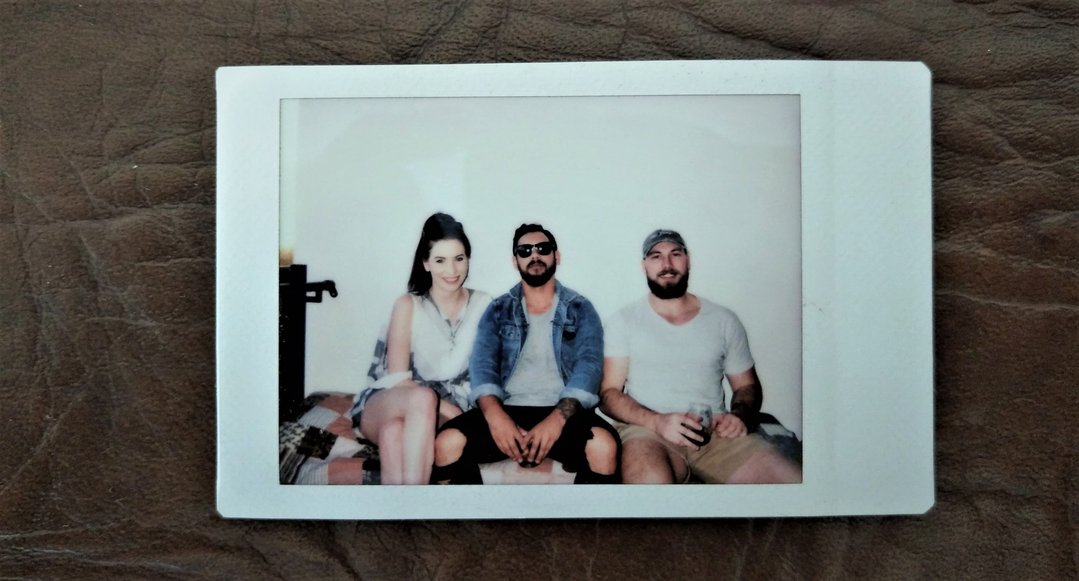
A Letter from the Editor on Being a Civilian & Finding Your Footing with Veterans
Written by Charlotte Officer
A Daunting Challenge
If you’ve been paying attention to the fine print at the bottom of most of the articles released by Anvil - and I don’t blame you if you haven’t - my name might be familiar. ‘Article Edited, Proof-Read, and Fact-Checked by Charlotte Officer’ - a small watermark of my involvement with Anvil Training & Development. Over the course of the year, as Anvil has grown - I’ve had the opportunity to act as the editor for the weekly publications released by the team. What began as a favour then grew into a means to fulfil volunteer hours for a prerequisite course at university. And what began as a favour, became something that I enjoyed. Through this role, I’ve researched & learnt about things I wouldn’t have necessarily chosen for myself - training belts, deadlifts, goal-specific training, and the benefits of biceps. I’ve edited work on topics that hold a special interest for me - musculoskeletal anatomy, mental health support for veterans and the deconstruction of PTSD as an acronym.
When I was invited by Marshall to make a small contribution to Anvil’s published work - I wasn’t sure what I could offer. I couldn’t fall back on my usual crutch - crazed edit suggestions obsessed with word flow and grammar on Google Docs (something that I know is a running joke amongst the Anvil team). This time I was the one being asked to write something - and after some reflection, I chose to follow the cliche advice: ‘write what you know’. But, in the context of a veteran-owned and operated business that works incredibly hard to educate and provide support for other veterans & emergency service workers, what do I know? I know the musculoskeletal anatomy of the body, the neurovascular supply and functions of muscles - but I don’t know about the best way to build a tailored training program, or the frustrating challenges of navigating the DVA. I know the medical theory behind fluid resuscitation and electrolyte replacement, but I don’t know what it’s like to be drenched in sweat and dehydrated from intensive weight training or being out field.
What I do know is what it is like to be a civilian who has worked to find their footing amongst a group of veterans who are thriving in their lives after Defence. And I know that sometimes this can be a challenging experience for the friends, family & loved ones of veterans.
A Different Perspective
I’ll be the first to admit - I don’t come from a Defence background. All my life learning has thus far has been done through university - where I’ve trained in psychology, clinical medical science and now, doing my Doctor of Medicine. I’ve been certified in cognitive behaviour therapy, and worked as a telephone crisis counsellor for Lifeline - all humbling experiences that have taught me resilience. But, I’ve never committed time to service in Defence, and I’ve never been deployed. I’m not a veteran, and I’ll probably never fully understand what it’s like to be one. And yet, I have had the opportunity to peek through the looking glass - to be included in their experiences and better my understanding as a civilian. I have learnt, with time, that it’s okay to admit that there are things that I just don’t know.
If you aren’t familiar with them - veterans can be a mystery, intimidating even. It can be easy to slip into assumptions you might have about who they are, or what it may have been like during their active service - because who hasn’t heard stories about what it’s like to be a soldier, or known a friend of a friend who’s joined Defence? Like most things in life, sometimes these assumptions or stories can be right - but more often than not, they’re inaccurate. I have learnt that the best solution to challenging your assumptions is exposure - to ask questions, and be open to learning from people who have a different perspective to the one that you hold.
The way I have been able to challenge my own assumptions is not necessarily unique. Like many others, I am the sister of an Afghanistan veteran. My brother also happens to be one of the founders of Anvil - and over the years, I’ve become very close with the tight-knit group of veterans who form his ‘family-by-choice’. By luck of genetic relation, I’ve had the opportunity to watch this group of men grow through their time in Defence, and their different journeys following their transition out. I’ve celebrated their birthdays and met partners, we’ve discussed study & careers, made jokes and had some challenging conversations - and I’d like to think we know each other well. They have become some of my favourite people, a surrogate family who have welcomed me despite my being a perpetual university student - and in order to keep up with them as they grow, I’ve had to learn to find my footing as someone whose experiences vastly differ from theirs.
The Balancing Act
My veteran family are a closed circle - something that might intimidate someone who is trying to find their way in as a new partner or a friend. In fact, I’ve had the ‘how do you fit in here?’ conversation with multiple people many times over the years. They have built this closed circle for friendship - but more importantly, for survival. When I spent time with the guys in the early days of knowing one another, it intimidated me. What if I have nothing to say? What if I upset them? What if they think I’m silly because I’ve spent most of my adult life with my face in textbooks? What if I don’t understand, and I can’t be there for my new family-by-choice? Like many others who have veterans in their close support network - these were questions that crossed my mind more times than I care to admit. Sometimes, they still do.
I’ve come to acknowledge that our experiences are different, to recognise that they work in a different way, feel things and communicate differently. This difference is not a bad thing, it is a strength that makes veterans unique - a product of their training, growth and resilience. I have learnt that during challenging times they need one another - that sometimes, I might not be the best person for support. I acknowledge that this can be an upsetting realisation - especially if you are like me, and all you want to do is support your loved one. It’s a realisation that can stop you in your tracks, particularly if you’re used to being part of the immediate support network for someone in the past. What I have learnt from being apart of the Anvil journey this year & from my surrogate veteran family is that responding to this realisation is a balancing act - having the courage to admit when you don’t understand, and being willing to ask questions and learn with flexibility. Accepting a difference in perspective, and making the active choice to learn how to adapt to this difference. Ask questions with sensitivity to which you want to know the answer. Be honest with the veterans, and trusting that they will be honest where they can. Listen with patience and empathy. Be prepared for answers that you may not expect, to sometimes feel out of your comfort zone or that they may not want to share things right away.
This is how you begin to find your footing.
Rising to the Challenge
At this point, I want to remind those reading this (and myself) of the adage ‘easier said than done’. I understand that the balancing act I mentioned above is much easier in theory than in practice - and that we may not always get it right. I certainly haven’t. I still find myself challenged by certain things, and acknowledging that even if I might know or say all the right things - I still don’t quite authentically ‘get it’. Again, I’ll be the first to admit that I’m not an expert. But the opportunity to work with Anvil and have a group of veterans as close friends has encouraged me to try. They have challenged me to move out of my comfort zone & build my relationships with them, despite our differences. My message to civilians, like me, reading this is to rise to the challenge, to adapt - and don’t be disheartened if it doesn’t come easy. Just like any skill, it takes time & practice. Have courage, and take your lead from the veterans in your life. My message to veterans is to be forgiving - because we, as your loved ones, don’t always get it right. But we want to learn, and we want to be there if, and when, you need us. If you feel comfortable - share with us, at your pace, because we want to grow with you.
I’m grateful to the team at Anvil for letting me be apart of their journey this year - I’m very proud of what they have done. I’ve been humbled by what they have taught me - whether it’s been in conversation, or through editing their articles. I appreciate the years of knowing them, and their contribution to my life (whether they know it or not). My brother wrote in his article on reconnecting with old Army friends (https://anviltd.com/blogs/news/theyre-still-there-until-they-arent) about the importance of reaching out and the difference it makes when you have a support network. It can be daunting if you’re the civilian amongst the vets - trying to find your footing and knowing where you stand. It can be challenging to admit when you don’t get it, when you feel vulnerable, or when you feel a difference in perspective - but this isn’t a weakness. It takes courage to step through the looking glass and maintain relationships, especially when common ground feels like a far reach - and I admire the civilians and veterans who put in the time and effort to find their footing with one another.
I want to finish with this - thank you to you, the readers who follow Anvil publications. Thank you for the support you show Anvil by engaging with their content, following them on social media or simply toying with the belt builder. It is clear that there needs to be change in terms of veteran health & wellbeing, and the current system we have isn’t always the most effective. Like other veteran-owned and operated groups - Anvil is working to authentically make strides towards positive change, and part of their success is due to the support they receive. Thank you for helping Anvil find their footing this year, and for the future support - for allowing them to share their unique perspective for the betterment of veteran experience.
About Us
Anvil Training and Development is a group of Australian veterans who care about the physical and mental health of veterans and emergency service workers. We’re passionate about ongoing education and working with others to implement positive change.
Instagram: Anvil Training & Development - @anvil.td
Facebook: Anvil Training & Development - @anvil.td
www.anviltd.com
(Article Poorly Edited, Proof Read, and Fact-Checked by Marshall Officer)
VES Mental Health Resources: https://anviltd.com/pages/ves-australian-mental-health-resources
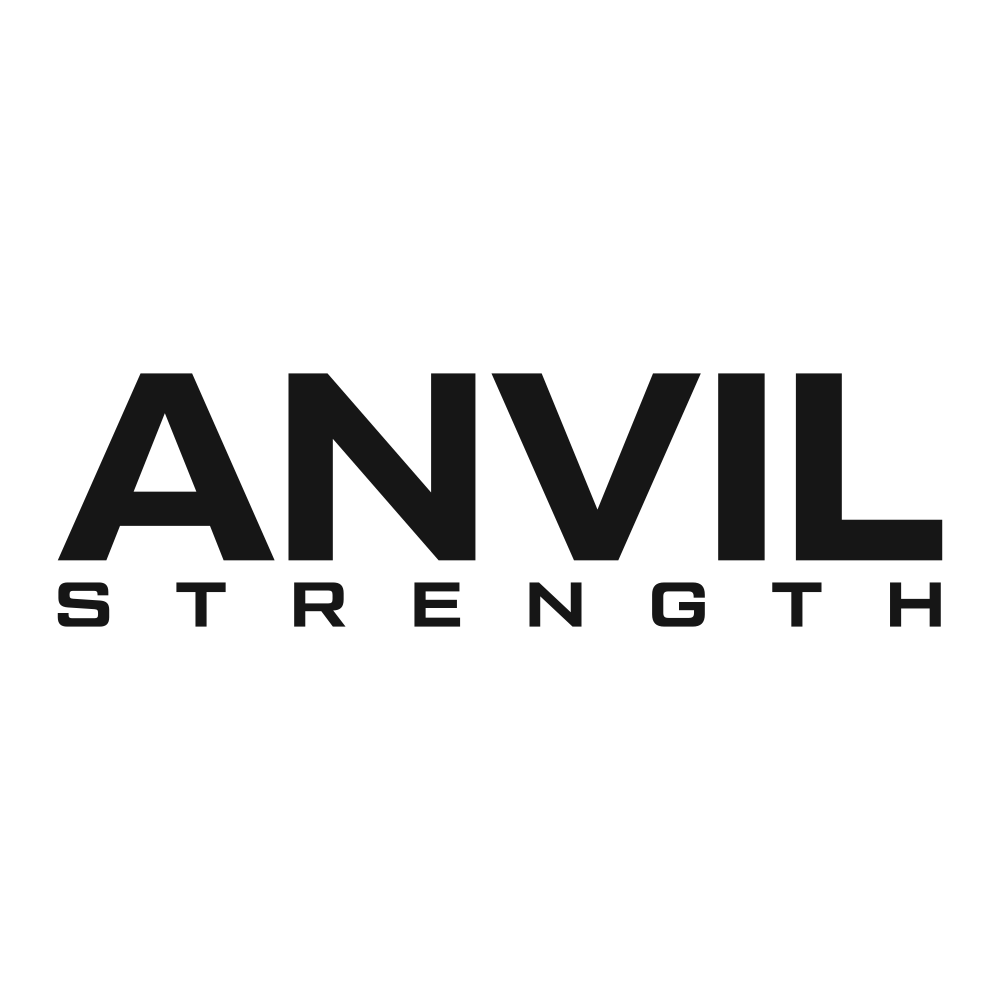
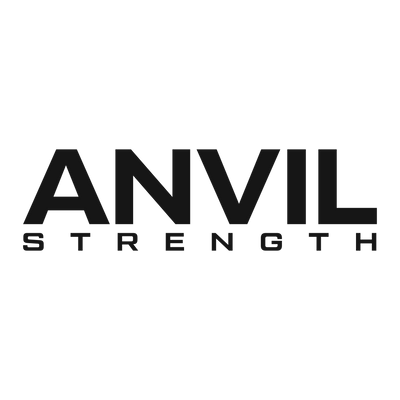
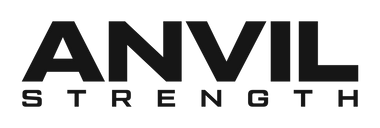
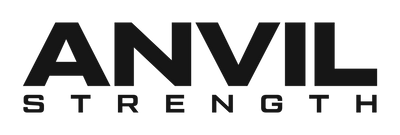

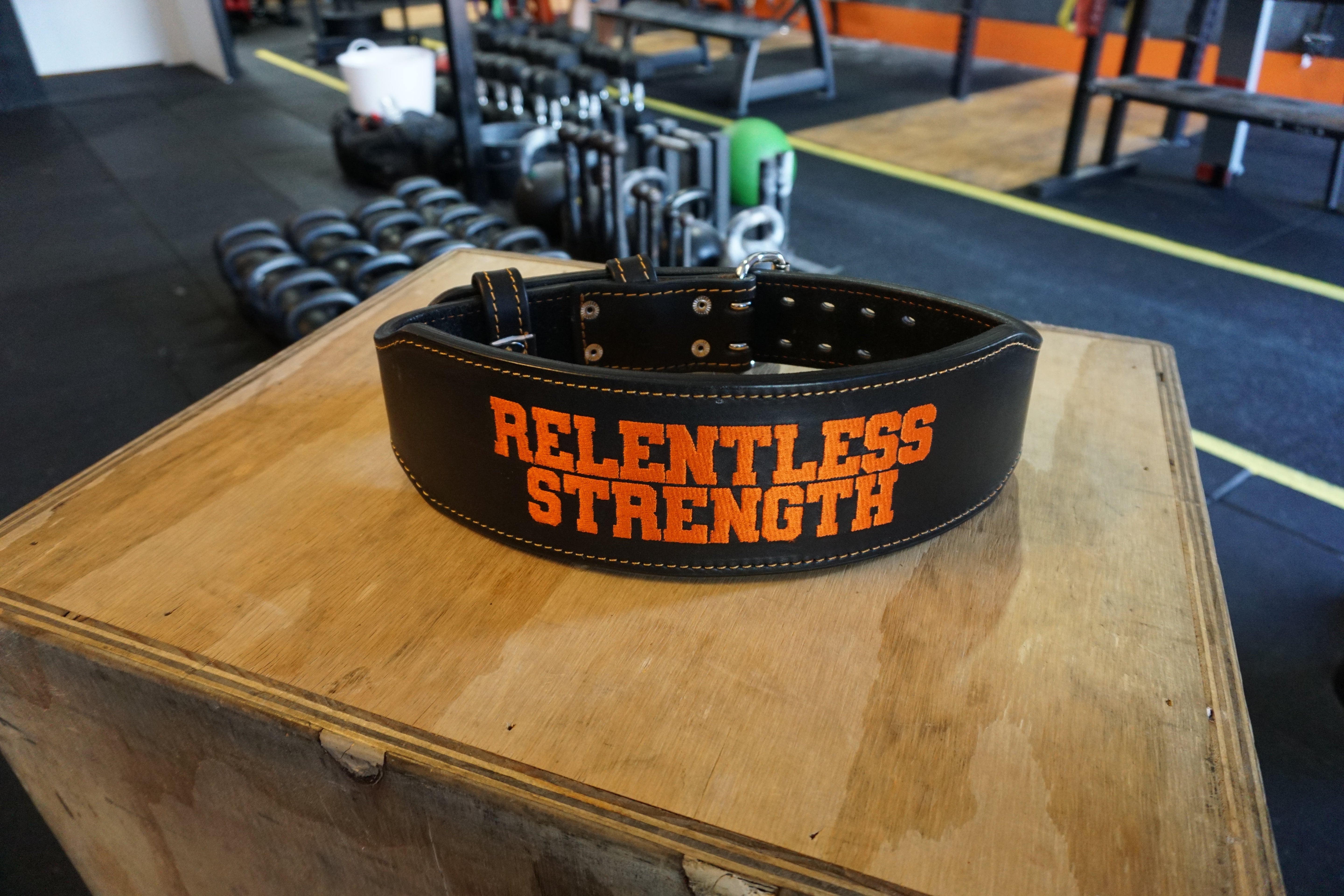
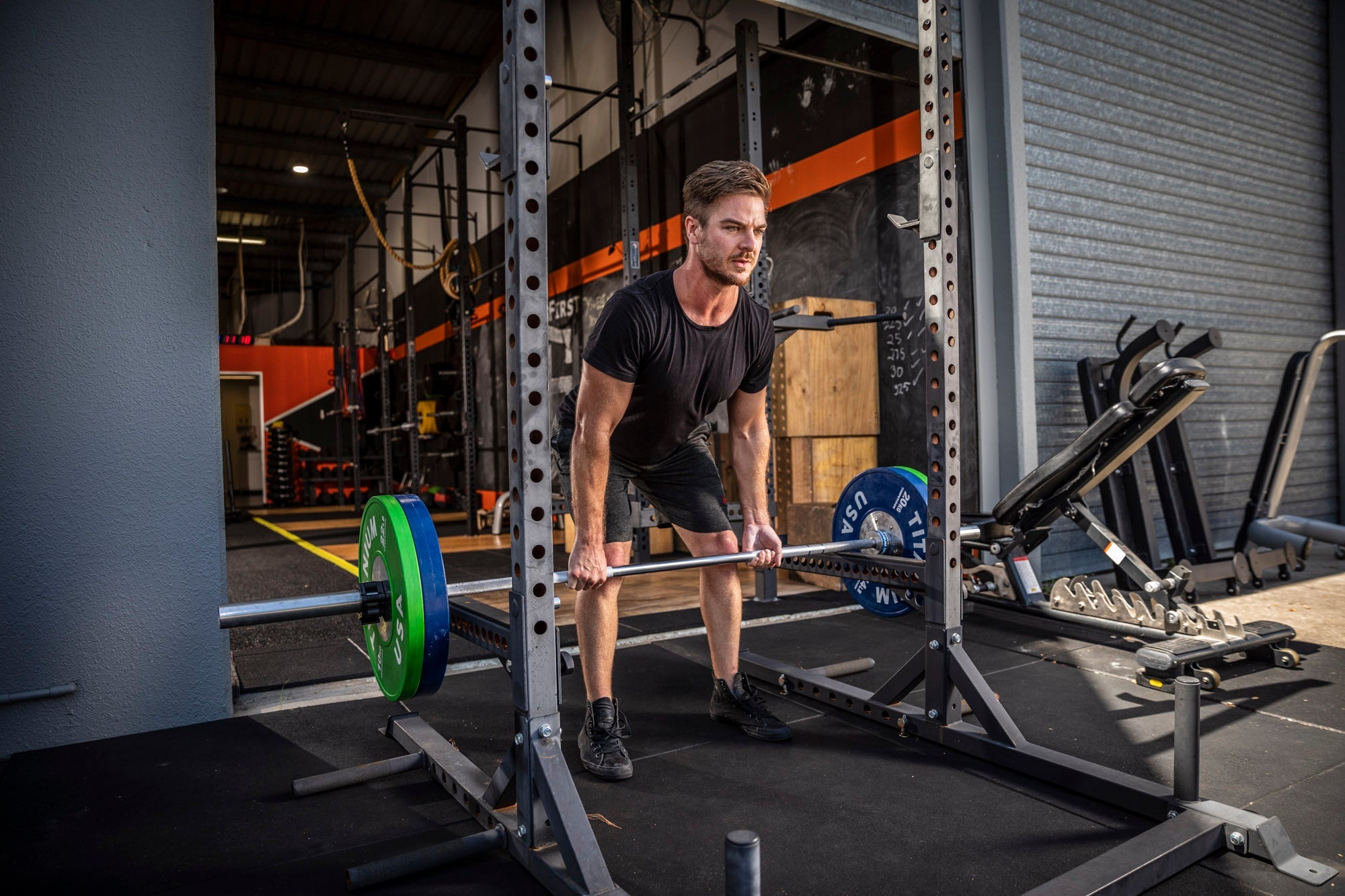
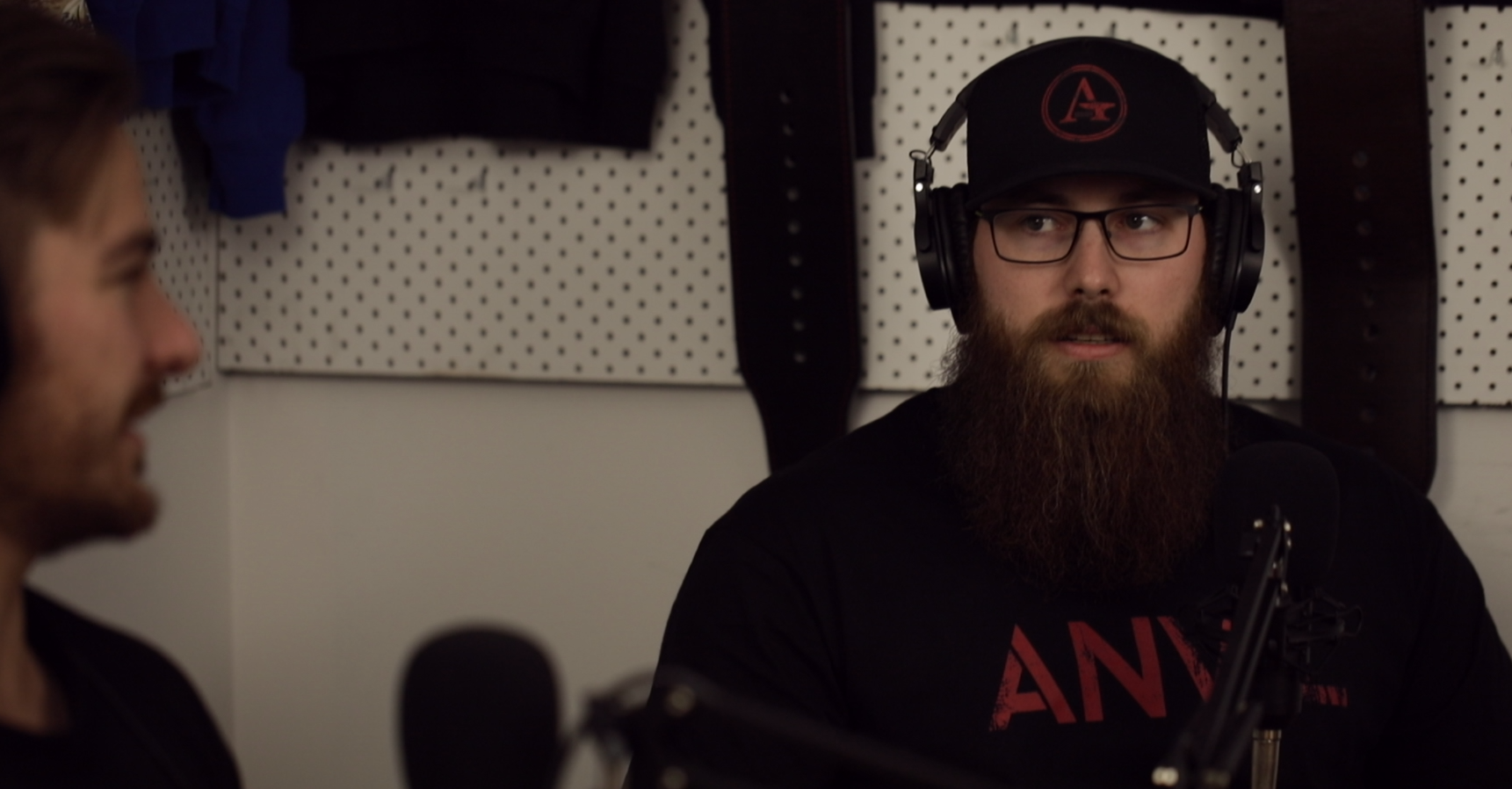
Leave a comment